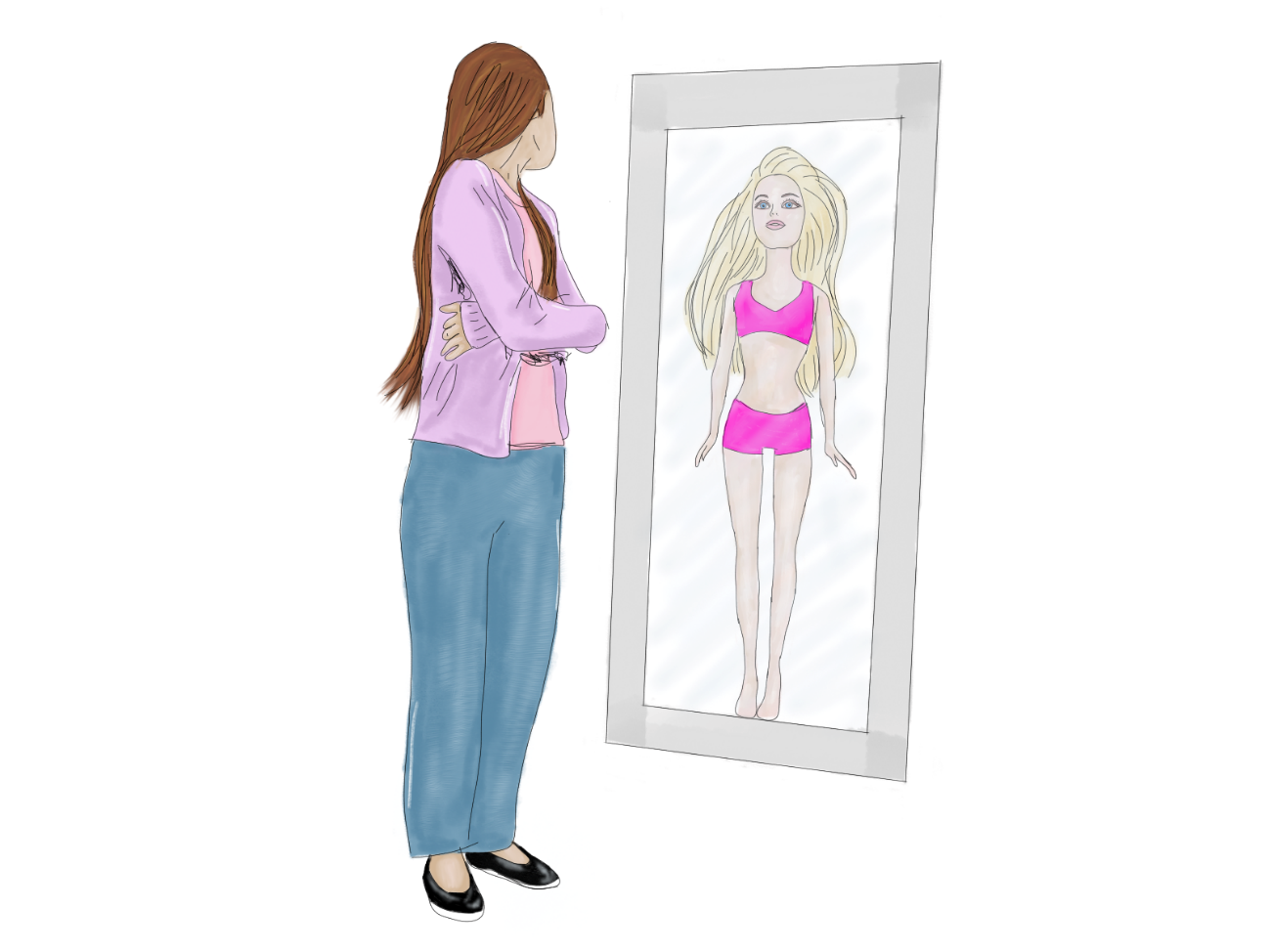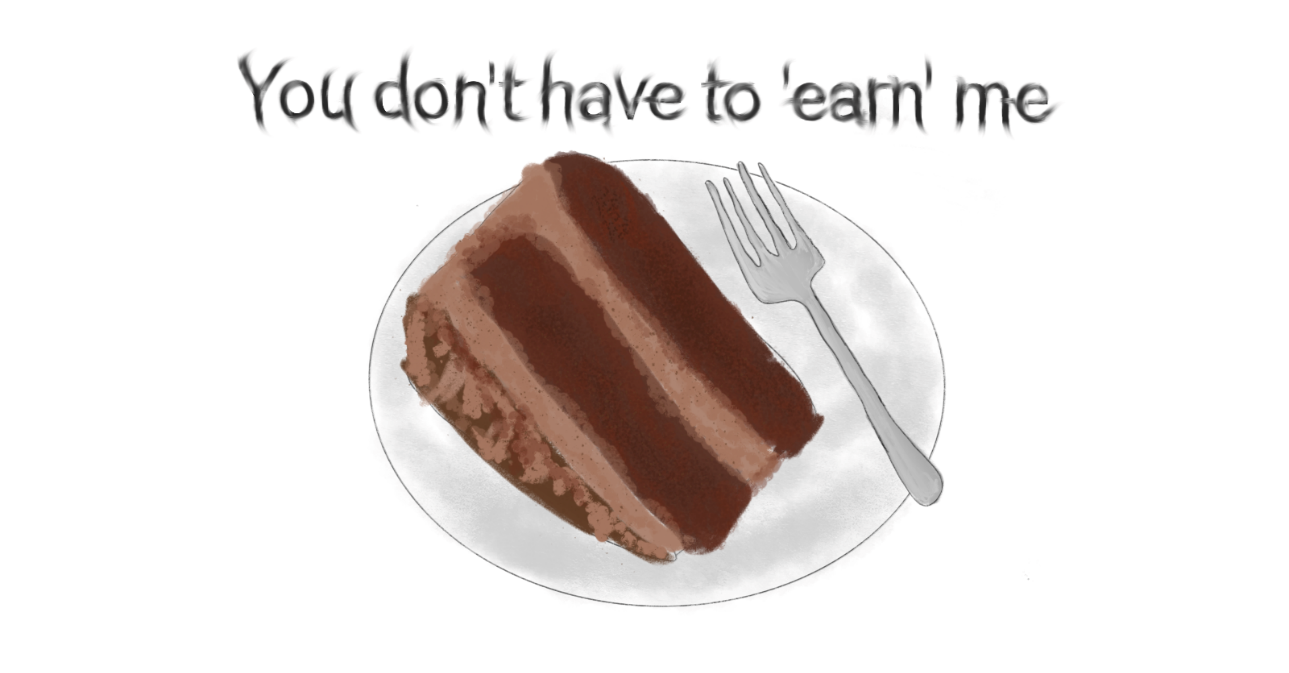
by Grace Ambrose
Content Specialist
16 November 2022
It’s been eight years since I was discharged from a specialist eating disorders unit, and can honestly say I’ve reached new heights of recovery that I never dreamt would be possible. I would go as far as to say that it’s been eight years since I was born, despite being in my early twenties. It’s been almost a decade since I was reborn from the ashes, like a phoenix.
You could even say that it was because of this that I have sought out my passions, filling my newfound life with all the things that have made it more bearable throughout the years.
I always knew I loved writing. In fact, my family knew I loved writing before I did. They’ve still got the notebooks and scrap paper on which I wrote endless tales and stories to escape reality.
And writing was the only way I could bring order to my chaotic brain.
Now, I can happily say I am a writer. Thanks to Receptional, I can do what I love every day, growing and expanding my knowledge whilst using my passion in the best way I know how – to help others.
But like with anywhere, diet culture seeps into the walls and kitchens of the workplace, through social media and the thoughts that have been engrained in us through society over generations.

The facts
According to the UK’s leading eating disorder charity BEAT, roughly 1.25 million people in the UK suffer from an eating disorder. Of these, 25% are male.
Eating disorders have the highest mortality rate of all psychiatric illnesses and can come in all shapes and sizes.
Generally, it has nothing to do with weight, and any physical affects you might see from someone suffering with disordered eating will be a side effect of the inner turmoil.
But diet culture doesn’t purely affect those with eating disorders. In fact, diet culture affects everyone, whether you realise it or not.
What is diet culture?
Anti-diet dietitian Christy Harrison, MPH, RD, CEDS, explains diet culture as having “many definitions and facets but, in a nutshell, it’s a set of beliefs that worships thinness and equates it with health and moral virtue, and it has become our dominant culture — often in ways we don’t even notice since it’s the water in which we swim.”
The failure rate of diets is 98%. And being anti-diet does not mean anti-health.
Anti-diet means that you know there is no “correct” body shape or size, and no “right” or “wrong” way to eat, just as diet culture would lead you to believe.
Diet culture is everywhere, and even if you’re not consciously trying to lose weight, you might still be reinforcing some of the unhealthy thought processes without realising. Things like “cheat days” or saying “I need to go to the gym after eating this” are just a few examples of how diet culture has seeped into our lives.
By saying foods are “good” or “bad”, you are re-iterating that you’re being “bad” or are a bad person for eating certain foods.
This then, in turn, creates the idea that you have to be thin in order to be loved, successful, accepted and healthy – all the things that we seek as part of being human.
This idea is pushed upon us by magazines, social media and even the language we use or have heard being used around certain foods, telling us that weight loss is the way in which we can achieve those things. Of course, though, it is not.
Everyday diet culture traps
From playing with Barbie dolls and seeing an unrealistic perception of an “ideal” body from a young age, to shapewear, firming, sculpting, smoothing, fake tans and moisturisers; diet culture traps are everywhere in day-to-day life, for every gender.
Have you ever taken a selfie and immediately put a filter on? Or perhaps you’ve seen the ideals of slim women or muscular men appearing to live their best lives on social media? Or maybe you’ve expressed how you’re allowed to eat the cake because you’ve been “good” prior to it.
All of these are examples of diet culture in everyday life, and there’s no escaping it, even for those who appear to have what society deems as an “ideal” body (which, by the way, is constantly changing).

Breaking boundaries
The only way you can truly become free from diet culture is to practice body neutrality, acceptance, and become aware of the diet culture that surrounds us.
The diet industry is worth more than £2 billion in the UK alone, so naturally, different industries are going to feed into this, reinforcing our beliefs that we might be happy when we lose weight or look different, as a way to get us to spend our money to invest in a change that only happens 2% of the time.
And even then, a change in appearance doesn’t lead to happiness, because we are worth more than our bodies.
By practicing intuitive eating, and changing the way we handle our bodies and the language we use around food, we can un-learn the toxicity of the diet industry, applying this to our everyday lives, benefitting both us and future generations.
This freedom is more likely to lead to happiness than any behaviours and obsessions over food and our appearances ever will.
In the workplace
It’s nice to have a variety of snacks and drinks available in the office, with fruit, biscuits and crisps on hand to suit every dietary requirement.
But with so much accessible food, there can also be a lot of fear and anxiety involved for those who have struggled with their body image in the past.
It’s important to have a variety of snacks; with those that are deemed both healthy and unhealthy readily available with no restriction and no judgement.
If we each educate ourselves within the workplace, as to where food anxiety and diet culture might come into play, then we can work together to create a safe environment for everyone to show up, however they look, and eat intuitively.
Food can be reclaimed for its true purpose — fueling our bodies and brains enough so we can become the best versions of ourselves — rather than being something to obsess over. It can be enjoyed as a way to socialise, make the most of each other’s company and strengthen team bonds.
We can change the way we talk about food in communal spaces, to our family, friends and colleagues, to make a lasting impact and reverse some of the damage the diet industry has inflicted, both at work, and in everyday life.
Get our news, insights & advice delivered to your inbox
Related articles

3 Simple Ways to Improve Your Marketing and Grow Your Wealth Management Business
Understanding your clients or prospects is the first step to creating a successful marketing strategy. This is why we surveyed over 500 high-net-worth individuals (HNWIs), to understand the main influences of their investment research. From this, we identified the channels they are most influenced by, revealing how you can tailor your marketing to prospects based on their preferences.

2024 vision: A look into this year’s game-changing marketing trends
Understanding your clients or prospects is the first step to creating a successful marketing strategy. This is why we surveyed over 500 high-net-worth individuals (HNWIs), to understand the main influences of their investment research. From this, we identified the channels they are most influenced by, revealing how you can tailor your marketing to prospects based on their preferences.

Revealed – The Top Channels Influencing High-Net-Worth Individuals’ Research
Understanding your clients or prospects is the first step to creating a successful marketing strategy. This is why we surveyed over 500 high-net-worth individuals (HNWIs), to understand the main influences of their investment research. From this, we identified the channels they are most influenced by, revealing how you can tailor your marketing to prospects based on their preferences.
Contact us
Call us on 01525 715 520 or complete the form below, and one of the team will get back to you.
